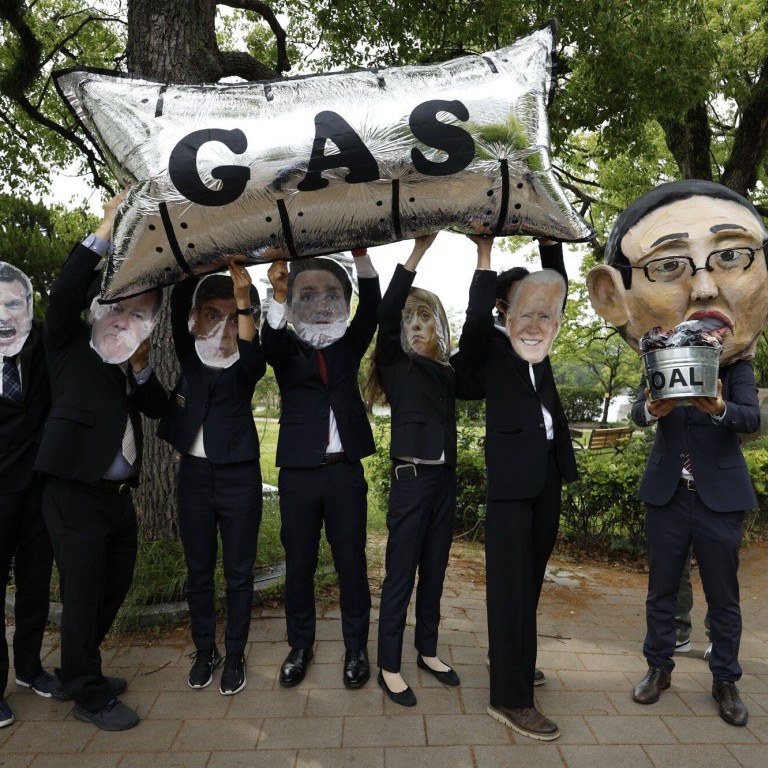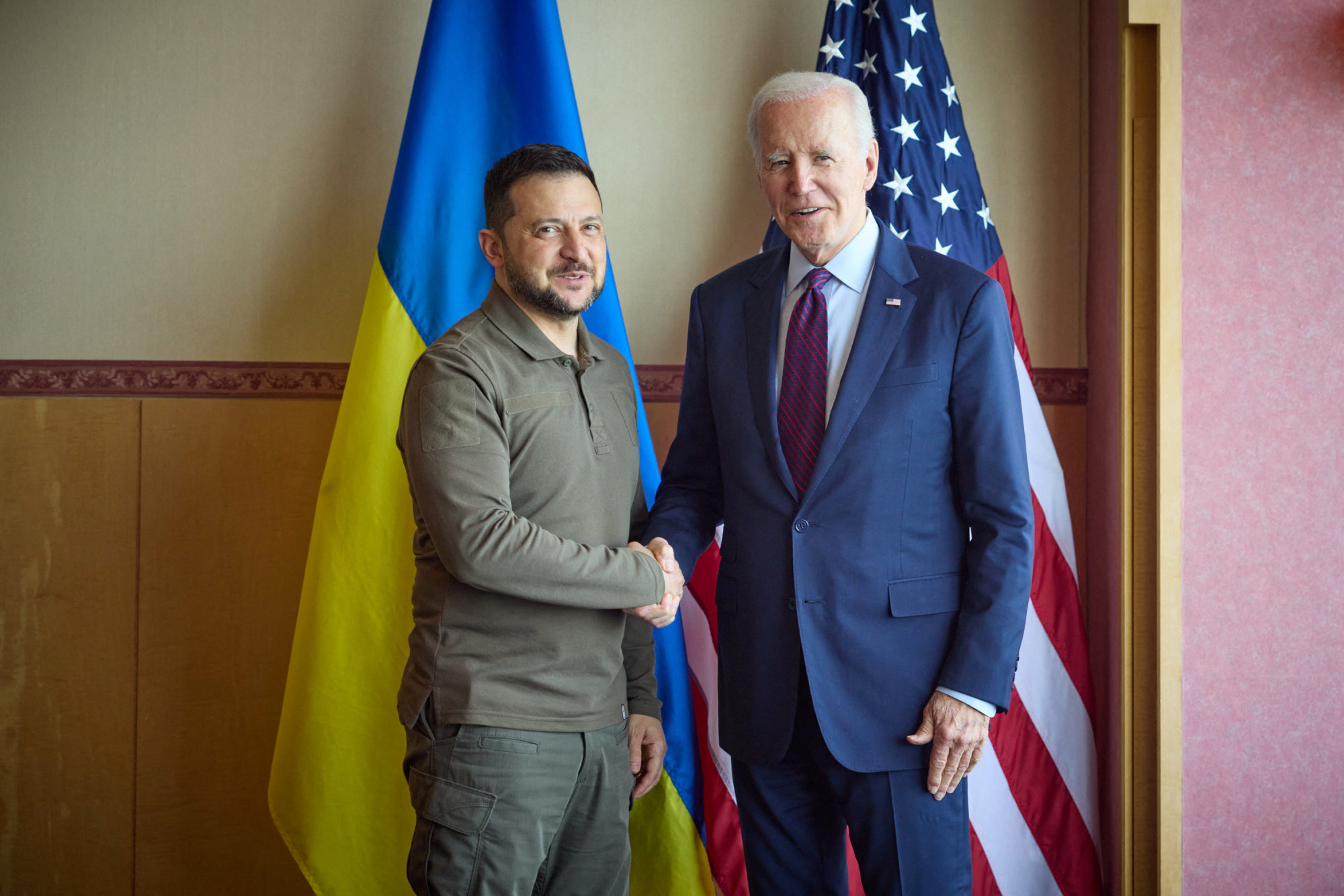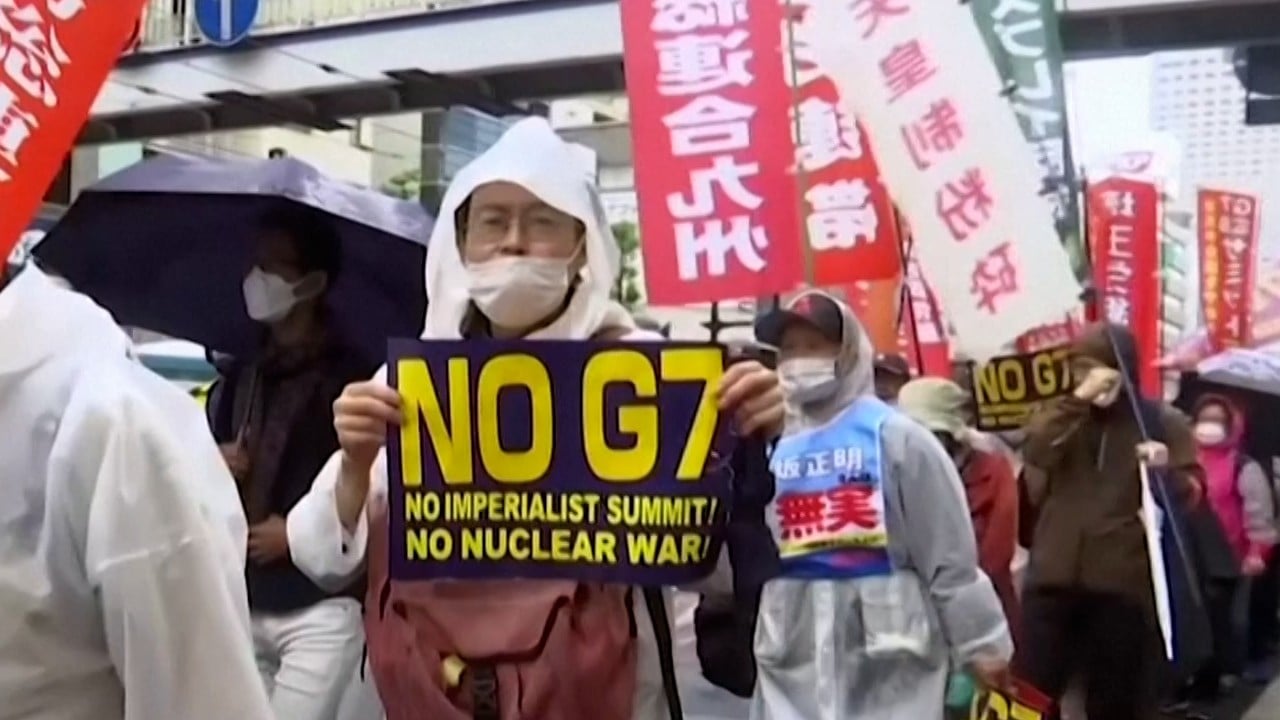
As G7 backlash grows, leaders should focus on economic progress, not economic confrontation
- The emphasis among Western powers is shifting from war on poverty, economic inequality, disease and other worthy objectives to economic security and sanctions
- Summits like the G7 have become a stage for political manoeuvring and divisions rather than platforms for dialogue to solve critical global problems
“All the world’s a stage,” Shakespeare wrote (in As You Like It) and the political posturing and economic brinkmanship some world leaders are indulging in now is certainly theatrical. But it risks more trade, economic or even military confrontations, and, thus, real-life tragedy.
The summit endorsed pledges by G7 nations to deal with myriad economic, financial and social problems. Yet, so much time and attention was taken up with issues related to Ukraine, Russia and China that others on the very crowded agenda of the three-day event could only receive scant attention.

Summits are supposed to show that leaders are aware of and dedicated to solving critical global problems. But, instead, they seem to have become a stage for political manoeuvring aimed at giving a spurious impression of unity and common cause among nations with very different views.
The summit ideal of sincere dialogue among world leaders has been hijacked and subjugated to polarising national objectives that retard a genuine reform agenda. In any event, US-led efforts to score points in this regard met with little success in Hiroshima.
The United States “is very keen to rally as many countries as possible to join its side against Beijing but it is also gradually realising how difficult it is to isolate China”, former UN Security Council president Kishore Mahbubani told Japan Times after the summit.
A dawning realisation of the challenge of getting the Global South (around 100 countries in Asia, Africa, Latin America and the Pacific) to curb ties or switch sides is causing Biden to soften his tone towards China, Mahbubani suggested.
And, as the Civil Seven or C7 (one of the G7 engagement groups) noted, the emphasis in Hiroshima was on economic security as defined by the G7, rather than solving economic problems; the meeting called for cooperation, but was “fraught with the danger of bringing division”.
As others have observed, the liberal global trading system that underpinned peace and prosperity after the Cold War faces an existential challenge as more policymakers see closer economic integration to be at odds with national security.
It seems the emphasis among Western powers is shifting from war on poverty, economic inequality, disease and other such worthy objectives in favour of economic confrontation and sanctions that could precipitate wars and result in more suffering.
As the former prime minister of Malaysia, Mahathir Mohamad, observed at a press conference which I moderated at the Foreign Correspondents’ Club of Japan recently, “there are attempts by some countries to politicise all issues and to bring about regime change”.
As Hung Tran, a non-resident senior fellow at the Geoeconomics Centre in the Atlantic Council, pointed out in a recent analysis, interest in the BRICS group of emerging economies (Brazil, Russia, India, China and South Africa) has “increased visibly with many countries aspiring to join”.
Despite the differences among emerging-market countries, they appear to share a common desire to develop a forum to coordinate views and policies representing the Global South in response to the coordinated approach of the G7 that represents the interests of the West, he noted.
BRICS expansion holds great promise, but challenges remain
Yet, as the BRICS bloc expands its membership and becomes more cohesive, the geopolitically driven fragmentation, especially in economic and financial matters, will increasingly unfold through actions and interactions between the G7 and BRICS, including in forums like the G20, suggested Tran.
It seems there is no alternative, as Mahathir suggested, to “world government” involving some – but not complete – relinquishing of national sovereignty, and the acceptance of international law. He is right but can we achieve it before Armageddon arrives? That is an open question.
Anthony Rowley is a veteran journalist specialising in Asian economic and financial affairs



